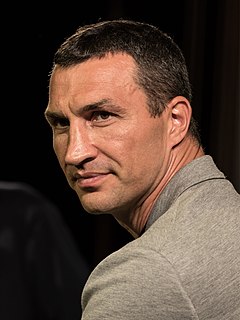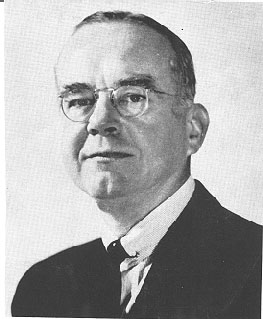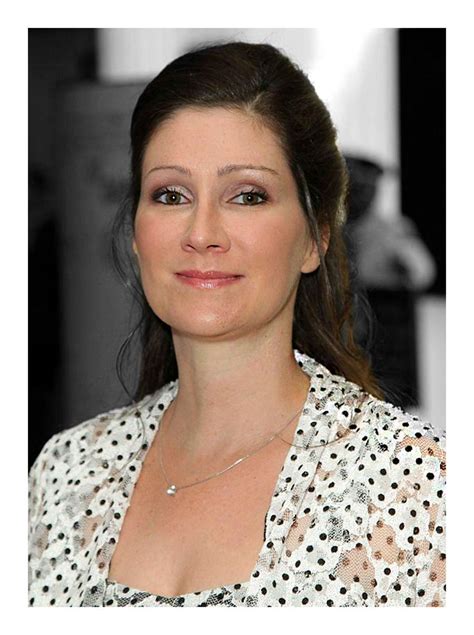A Quote by Gerrard Winstanley
Propriety and single interest divides the people of a land and the whole world into parties and is the cause of all wars and bloodshed and contention everywhere
Quote Topics
Related Quotes
There are no good wars or bad wars. The only thing bad about a war is
to lose it. All wars have been fought for a so-called good Cause on both
sides. But only the victor's Cause becomes history's Noble Cause. It's not a
matter of who is right or who is wrong, it's a matter of who has the best
generals and the better army!
We said that a single injustice, a single crime, a single illegality, particularly if it is officially recorded, confirmed, a single wrong to humanity, a single wrong to justice and to right, particularly if it is universally, legally, nationally, commodiously accepted, that a single crime shatters and is sufficient to shatter the whole social pact, the whole social contract, that a single legal crime, a single dishonorable act will bring about the loss of ones honor, the dishonor of a whole people. It is a touch of gangrene that corrupts the entire body.
And always we had wars, and more wars, and still other wars - all over Europe, all over the world. "Sometimes in the private interest of royal families," Satan said, "sometimes to crush a weak nation; but never a war started by the aggressor for any clean purpose - there is no such war in the history of the race."
My platitudes don't hold their interest and I can hardly blame them for that. My real stories are all out of date. So what if I can speak firsthand about the Spanish flu, the advent of the automobile, world wars, cold wars, guerrilla wars, and Sputnik — that's all ancient history now. But what else do I have to offer? Nothing happens to me anymore. That's the reality of getting old, and I guess that's really the crux of the matter. I'm not ready to be old yet.


































